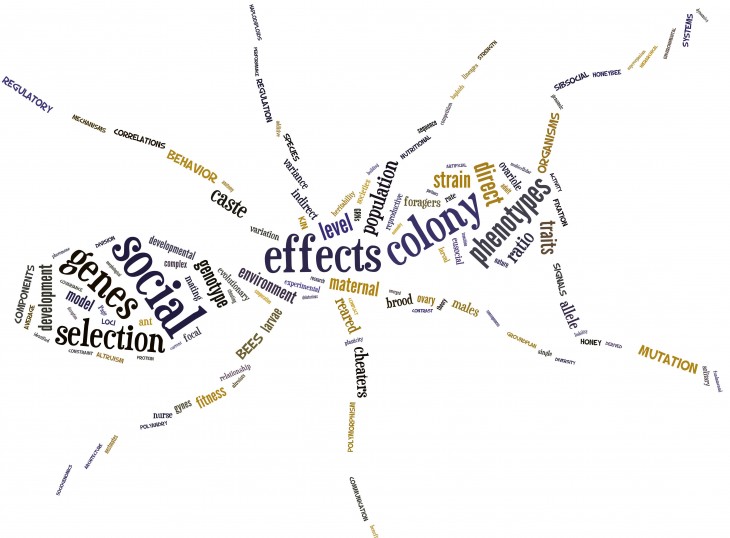 The second chapter of Steve Johnson book emphasize the life of the ants in connection with the brains, cities and software. The link is the emergence, the pure behavior as it is way of living and functioning. Even though we are talking about different scales, his comparisons leads us to a thinking for the upcoming future and their possibilities, addressing to the power of self-organization like an advanced revolution.
The second chapter of Steve Johnson book emphasize the life of the ants in connection with the brains, cities and software. The link is the emergence, the pure behavior as it is way of living and functioning. Even though we are talking about different scales, his comparisons leads us to a thinking for the upcoming future and their possibilities, addressing to the power of self-organization like an advanced revolution.
Johnson notes that this self-organizing stems from the bottom up rather than directed by an external control factor. He is pointing five fundamental principles to support his hypothesis:
- More is different; one or two ants will not make a colony which is necessary to usefully emerge, which is the case with the large critical mass of ants.
- Ignorance is useful; the stupidity or the simplicity of the individual components is beneficial. Even it can be seen as a disadvantage if each of the ants knows what the colony’s best interests is.
- Encourage random encounter; every different information or situation can lead to development of certain behavior or way of leaving.
- Look for patterns in sign; ants follow trails of pheromones left by other ants creating their pattern of living.
- Pay attention to the neighbor; each colony can not survive on their own because they need the information and the guiding of the neighbor.
In the process of reading these book, I have learned how in the ant’s world the random local interactions can lead to global order. From all of the examples given by Johnson we can start to recognize new micro patterns from the nature and try to specialize the components creating unspecialized intelligence in a big scale.
SO.3 Advanced Architecture Concepts , MAA01 Institute for Advanced Architecture of Catalonia, Fall 2015 Tutors: Manuel Gausa // Maite Bravo // Ricardo Devesa